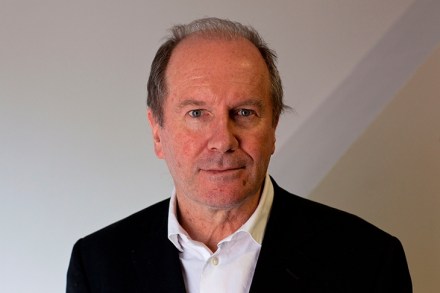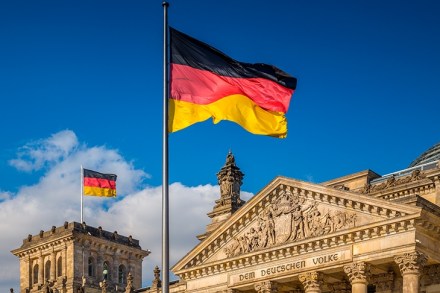Appearances are deceptive: Trio, by William Boyd, reviewed
Talbot Kydd, film producer; Anny Viklund, American actress; Elfrida Wing, novelist; these make the trio of the title. Private lives are the issue. Wing’s long-suffering agent tells her if you want to know what’s going on in people’s heads, ‘behind those masks we all wear — then read a novel’. The main setting of Trio




















